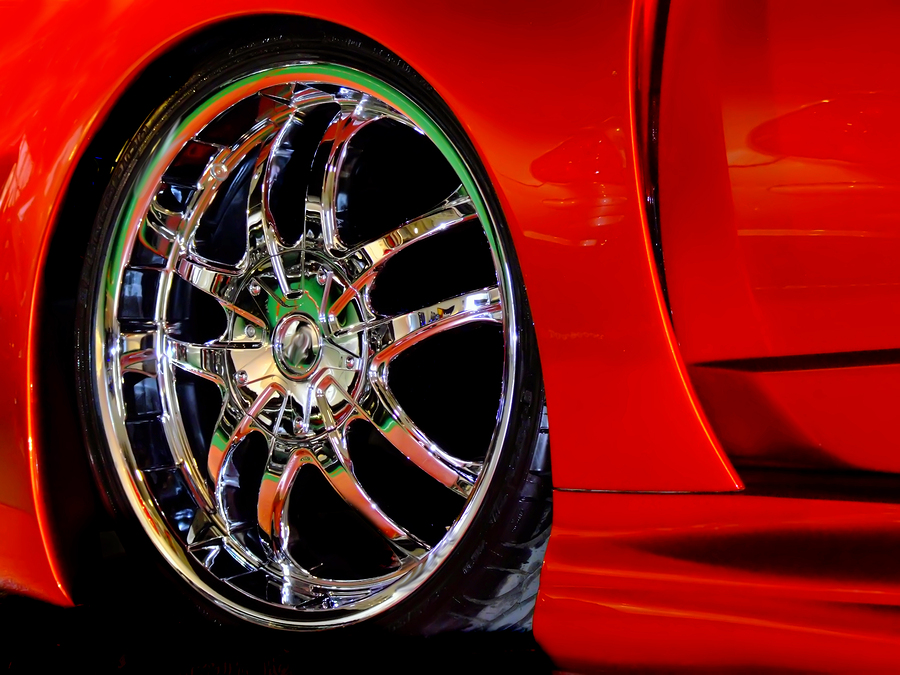Declaring modifications on your car insurance policy: what counts?
Car enthusiasts around the country love to modify their vehicles as a way to add extra personalisation and make their car unique, increase its value or even its safety.
Whatever your reasons for making a modification, if it’s something done after the point of manufacture, it’s most likely that it needs to be declared.
Car modifications fall into one of two categories; cosmetic or performance. Not everything will have an impact on your car insurance premium – some modifications will increase, but others could even reduce it. The most important thing is to inform your insurer of any changes you make – better safe than sorry.
Here are some of the more common tweaks that count as modifications in the eyes of the average insurer:
- Alloy wheels – Upgrading your wheels to larger, more distinct alloy wheels is a modification you must declare.
- Body modifications – Modifications to the body of the car can be cosmetic or performance-oriented; popular upgrades include things like spoilers, new doors, rear bumpers, front bumpers and side skirts.
- Upgraded engine – Tweaking the engine of a cheap or used car is a popular way to increase the performance of the car and is a modification that must be declared. Beware though; this type of modification often results in an increased insurance premium, which could cancel any savings from buying a more affordable car in the first place.
- New sound system – Upgrading a simple sound system to a more advanced player is a relatively inexpensive modification you can make on your car. Some drivers simply replace the radio for a compact disc player, while others install upgraded speakers for better sound quality.
- Exhaust – Replacing the exhaust for a larger, louder model is a popular modification, particularly with younger drivers – do your research before considering this type of alteration however, as many of the sports exhaust upgrades are actually illegal for use on public roads.
- Parking sensors – Parking sensors help make reversing easier for drivers and are growing in popularity. This type of modification doesn’t typically result in an insurance premium going up, and in fact, in some cases can help your premium go down.
- Tinted windows – Tinted windows offer more privacy and better sun protection. Heavily tinted windows can be dangerous however; legal requirements state tinted windows must allow 75 per cent of light through the front windscreen.
- Tow bar – A tow bar is popular for drivers who need to attach a caravan or trailer to their car. Even though it’s a small modification, it still needs to be declared.
- Stickers – Believe it or not, stickers are considered modifications in some instances. Don’t worry about your National Trust membership sticker; the stickers that should be declared are large ones that cover windows or large vinyl wraps that are used as additional decoration or advertising.
Disclaimer
The contents of this article are for reference purposes only and do not constitute financial or legal advice. Independent financial or legal advice should be sought in relation to any specific matter. Articles are published by us without any knowledge or notice of the circumstances in which you or anyone else may use or rely on articles or any copy of the information, guidance or documents obtained from articles. We operate and publish articles without undertaking or accepting any duty of care or responsibility for articles or their contents, services or facilities. You undertake to rely on them entirely at your own risk, and without recourse to us. No assurance of the quality of articles is given or undertaken (whether as to accuracy, completeness, fitness for any purpose, conformance to any description or sample, or otherwise), or as to the timeliness of the publication.



















